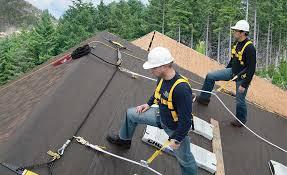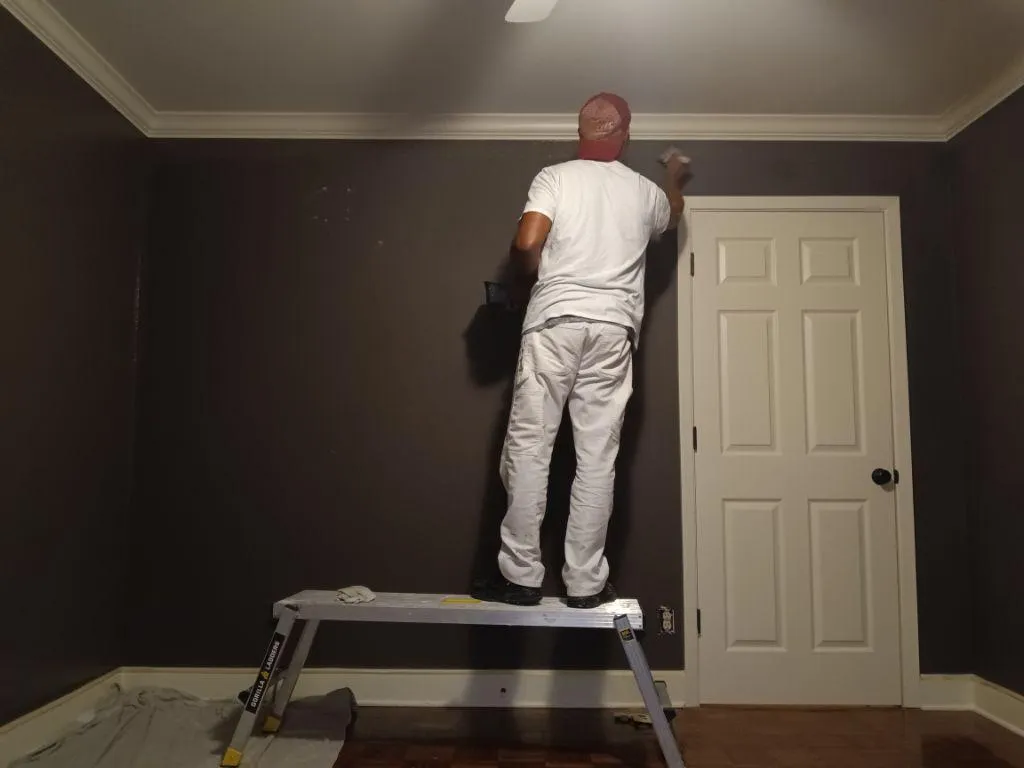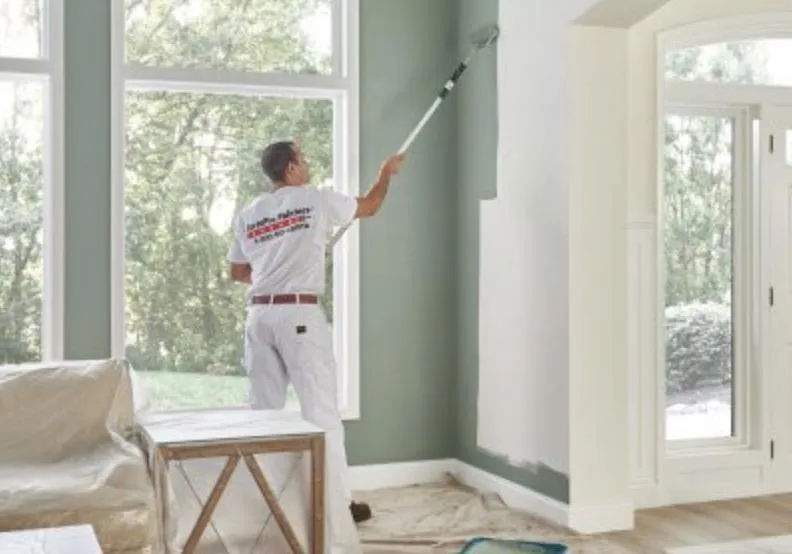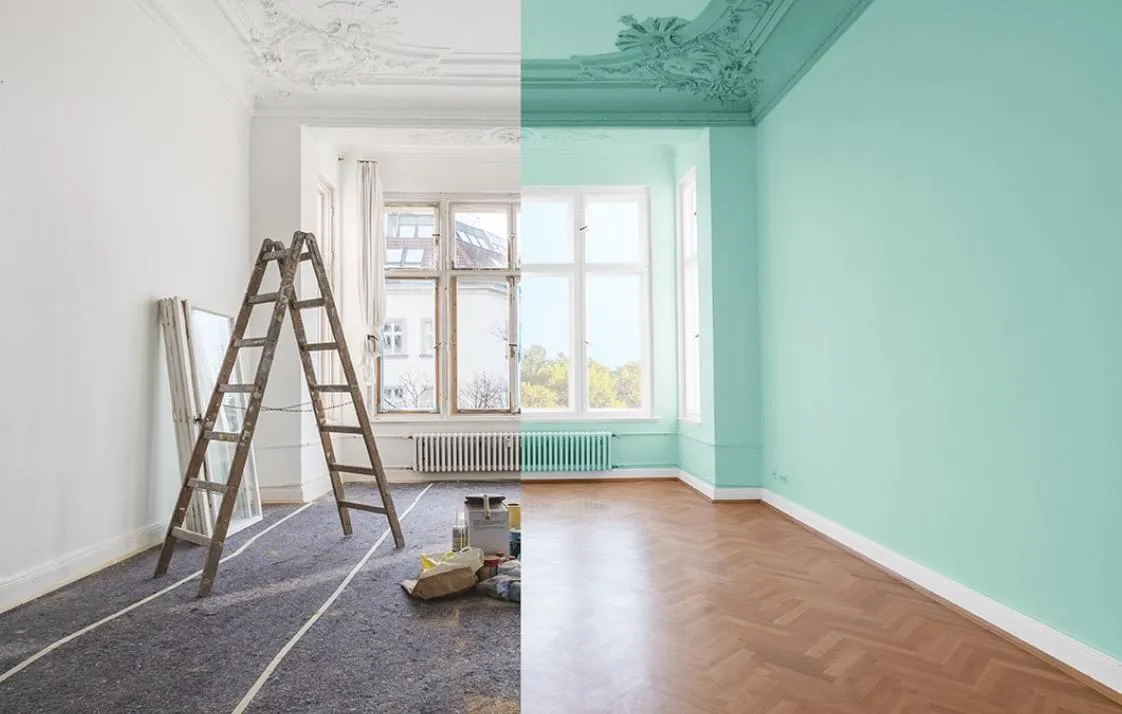Blog > Article Library
Twain Services Articles

Evaluating the Investment Value of Roof Replacement
Replacing a roof is a significant investment for any homeowner, both in terms of finances and the overall well-being of the property. Beyond just addressing structural concerns, many homeowners wonder whether investing in a new roof provides a substantial return on investment (ROI) in terms of increased home value. Let's delve into the factors influencing the ROI of roof replacement and whether it's a sound financial decision.
Understanding the Numbers
According to the Remodeling 2020 Cost vs. Value Report, the average American homeowner spends $22,636 on a new asphalt shingle roof of midrange quality. However, the report also indicates that this investment increases the home's value by $15,427, on average. This means that homeowners recoup approximately 68 percent of their investment when they replace their roof.
Factors Influencing ROI
1. Curb Appeal and Marketability
A new roof significantly enhances the curb appeal of a home, making it more attractive to potential buyers. A well-maintained and visually appealing exterior can set your home apart in a competitive real estate market, potentially leading to a quicker sale and higher selling price.
2. Energy Efficiency
Modern roofing materials, such as energy-efficient asphalt shingles or reflective metal roofing, can help improve the home's energy efficiency. By reducing heat absorption and improving insulation, these roofing options can lower utility bills, which is an attractive selling point for prospective buyers.
3. Structural Integrity and Longevity
A new roof not only enhances the aesthetic appeal of a home but also ensures its structural integrity and longevity. A well-installed roof protects the interior from water damage, mold, and other issues that can arise from leaks or inadequate insulation. This peace of mind can be a significant selling point for potential buyers, especially in regions prone to severe weather.
4. Return on Investment
While the upfront cost of roof replacement may seem significant, the potential ROI makes it a worthwhile investment for many homeowners. The Remodeling Cost vs. Value Report's findings suggest that homeowners can expect to recoup a significant portion of their investment when they replace their roof, making it a financially prudent decision in the long run.
Considerations for Homeowners
1. Quality of Materials and Installation
The quality of materials and installation plays a crucial role in determining the ROI of roof replacement. Investing in high-quality roofing materials and hiring experienced professionals for installation can ensure that your new roof not only looks great but also performs well over the long term.
2. Regional Factors
Regional factors, such as climate, housing market conditions, and neighborhood trends, can also influence the ROI of roof replacement. Homeowners should consider these factors when determining whether roof replacement is a good investment for their particular circumstances.
3. Financing Options
For homeowners concerned about the upfront cost of roof replacement, there are various financing options available, including home equity loans, personal loans, and financing programs offered by roofing contractors. Exploring these options can make roof replacement more accessible and manageable for homeowners.
Conclusion
In conclusion, replacing a roof can indeed be a good investment for homeowners, providing both tangible and intangible benefits. Beyond improving the aesthetic appeal of a home, a new roof enhances its structural integrity, energy efficiency, and marketability. The findings from the Remodeling Cost vs. Value Report suggest that homeowners can expect to recoup a significant portion of their investment when they replace their roof, making it a financially prudent decision in many cases.
Ultimately, homeowners should carefully consider their specific circumstances, including their budget, housing market conditions, and long-term goals, when evaluating whether roof replacement is a good investment for their home. By weighing these factors and consulting with experienced professionals, homeowners can make informed decisions that enhance the value and longevity of their homes.
Older Articles


Contact Us
Service Hours
Social Media
Blog > Article Library


Evaluating the Investment Value of Roof Replacement
Replacing a roof is a significant investment for any homeowner, both in terms of finances and the overall well-being of the property. Beyond just addressing structural concerns, many homeowners wonder whether investing in a new roof provides a substantial return on investment (ROI) in terms of increased home value. Let's delve into the factors influencing the ROI of roof replacement and whether it's a sound financial decision.
Understanding the Numbers
According to the Remodeling 2020 Cost vs. Value Report, the average American homeowner spends $22,636 on a new asphalt shingle roof of midrange quality. However, the report also indicates that this investment increases the home's value by $15,427, on average. This means that homeowners recoup approximately 68 percent of their investment when they replace their roof.
Factors Influencing ROI
1. Curb Appeal and Marketability
A new roof significantly enhances the curb appeal of a home, making it more attractive to potential buyers. A well-maintained and visually appealing exterior can set your home apart in a competitive real estate market, potentially leading to a quicker sale and higher selling price.
2. Energy Efficiency
Modern roofing materials, such as energy-efficient asphalt shingles or reflective metal roofing, can help improve the home's energy efficiency. By reducing heat absorption and improving insulation, these roofing options can lower utility bills, which is an attractive selling point for prospective buyers.
3. Structural Integrity and Longevity
A new roof not only enhances the aesthetic appeal of a home but also ensures its structural integrity and longevity. A well-installed roof protects the interior from water damage, mold, and other issues that can arise from leaks or inadequate insulation. This peace of mind can be a significant selling point for potential buyers, especially in regions prone to severe weather.
4. Return on Investment
While the upfront cost of roof replacement may seem significant, the potential ROI makes it a worthwhile investment for many homeowners. The Remodeling Cost vs. Value Report's findings suggest that homeowners can expect to recoup a significant portion of their investment when they replace their roof, making it a financially prudent decision in the long run.
Considerations for Homeowners
1. Quality of Materials and Installation
The quality of materials and installation plays a crucial role in determining the ROI of roof replacement. Investing in high-quality roofing materials and hiring experienced professionals for installation can ensure that your new roof not only looks great but also performs well over the long term.
2. Regional Factors
Regional factors, such as climate, housing market conditions, and neighborhood trends, can also influence the ROI of roof replacement. Homeowners should consider these factors when determining whether roof replacement is a good investment for their particular circumstances.
3. Financing Options
For homeowners concerned about the upfront cost of roof replacement, there are various financing options available, including home equity loans, personal loans, and financing programs offered by roofing contractors. Exploring these options can make roof replacement more accessible and manageable for homeowners.
Conclusion
In conclusion, replacing a roof can indeed be a good investment for homeowners, providing both tangible and intangible benefits. Beyond improving the aesthetic appeal of a home, a new roof enhances its structural integrity, energy efficiency, and marketability. The findings from the Remodeling Cost vs. Value Report suggest that homeowners can expect to recoup a significant portion of their investment when they replace their roof, making it a financially prudent decision in many cases.
Ultimately, homeowners should carefully consider their specific circumstances, including their budget, housing market conditions, and long-term goals, when evaluating whether roof replacement is a good investment for their home. By weighing these factors and consulting with experienced professionals, homeowners can make informed decisions that enhance the value and longevity of their homes.
Older Articles


Contact Us
(346) 209-4009
Humble, Texas, 77346
Service Hours
Mon-Sat: 8am-6pm
Sun: Off
Social Media





